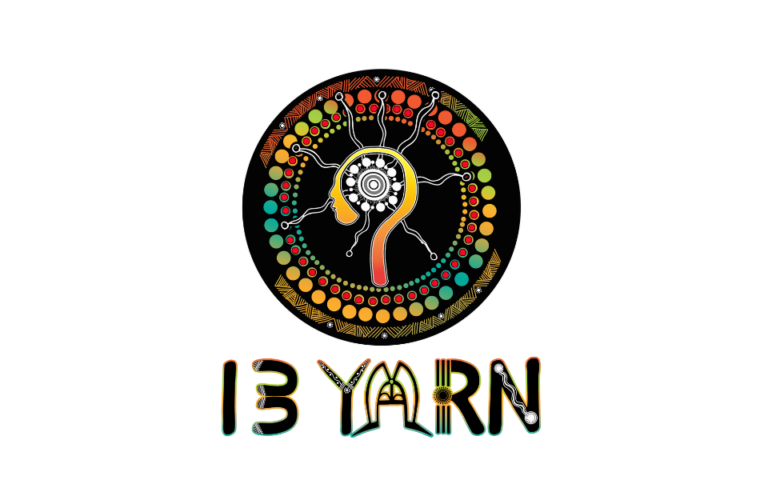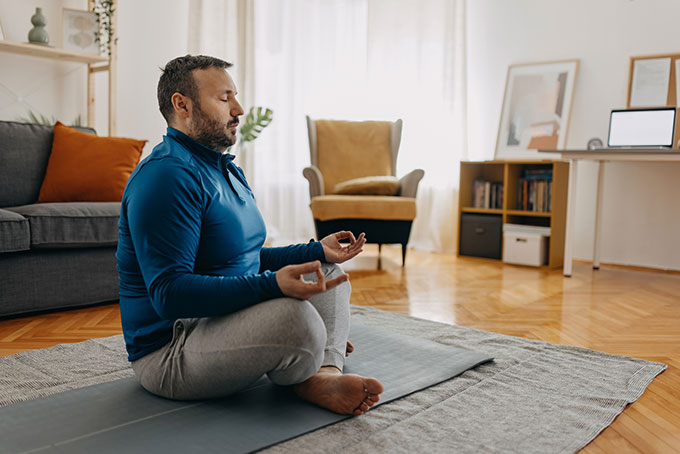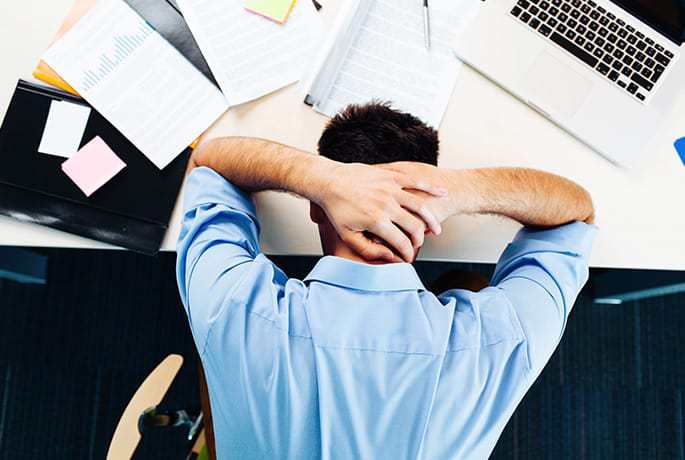In recognition of International Women’s Day 2022, we want to highlight this reality to help the community understand why women are more susceptible to anxiety and connect them to support that is available.
So exactly how many women are impacted? Well, according to the Australian Bureau of Statistics, around 1 in 3 women will experience anxiety in their lifetime – which is one and a half times the rate of males. In fact, a national study in 2018 of 15,000 women showed almost half were currently diagnosed with anxiety[1]. Fast forward to 2022, the surge in calls to helplines over the past 2 years indicates this trend is only worsening as more people have faced mental health challenges in Australia.
It is important to note here that anxiety symptoms in women don’t just impede their quality of life on a psychological level. Anxiety can lead to significant physical health problems and reduce life expectancy. According to the Australian Institute of Health and Welfare, anxiety disorders are the leading cause of ill health and death[2] for females between the ages of 5-44. These are preventable numbers.
There are many excellent support services and tools out there to help people experiencing anxiety, so it’s critical to acknowledge this challenge for so many women and in the spirit of IWD 2022, do our part to build awareness to help curb the trend.
If you or someone you know needs help, contact Suicide Call Back Service on 1300 659 467 or if it is an emergency dial 000.
Why does anxiety affect females more than males?
Unfortunately, as with many mental health conditions, the reasons are varied. A broad range of genetic, biological and socio-environmental factors are thought to play key roles.
One aspect is that sex hormones in the female body can fluctuate greatly during stages of puberty, menstrual cycles, pregnancy, post-childbirth and menopause. These significant periods of life are strongly linked to higher levels of anxiety[3] .
Another factor is the prevalence of Australian women (1 in 5) who have experienced sexual abuse. Victims of sexual violence or harassment can often struggle with mental health problems, in particular poor sleep, anxiety and symptoms of depression.
Research also shows women also experience eating disorders and post-traumatic stress disorder at higher rates than men – both of which are often related to symptoms of anxiety.
Sadly, these parts of life are often swept under the rug and not addressed openly enough in our community. Which means many women suffer in silence, without access to the support they urgently need. This is why it is important to shine the light on them for International Women’s Day 2022.
Common anxiety symptoms in women
Anxiety can present itself in a lot of different ways, from physical sensations, to psychological feelings and changes in behaviour. Here are some examples:
- Physical symptoms: tiredness, trouble sleeping, sore or tense muscles, stomach/bowel problems, sensitivity to sound/light, delayed or irregular periods
- Psychological symptoms: frequent worrying, irritability, phobias, trouble concentrating, panic attacks, anger
- Behavioural symptoms: Avoidance, procrastination, indecisiveness, social withdrawal
Support for women with anxiety
There are a range of tools and services available that help people living with anxiety to manage and reduce their symptoms.
Opening up and speaking with someone you trust can be a helpful step.
Lifestyle habits such as regular exercise, healthy eating and reducing alcohol and caffeine consumption can have a positive impact. Breathing exercises such as mindfulness and meditation are also effective techniques to reduce symptoms of anxiety.
For deeper support, you can speak with your GP about referring you to a psychologist or counsellor who can help you to build immediate and long-term strategies to manage your anxiety. In some cases, prescribed medications may be used too.
The more we can open the dialogue and educate others about the symptoms, risks and support available for women with anxiety, the better. Perhaps for International Women’s Day 2022 you can resolve to share this article with the women in your life, or simply have a conversation to check in with how they are feeling and see if they need support?
If you or someone you know needs help, our professional counsellors are available by phone or online chat 24/7. It’s a free service to Australians. Simply call 1300 659 467 or click on the floating chat widget on the right to access online counselling.
If it is an emergency dial 000.
References:
- https://www.jeanhailes.org.au/research/womens-health-survey/survey2018
- https://www.aihw.gov.au/reports/australias-health/australias-health-2018-in-brief/contents/about
- https://www.abc.net.au/news/health/2018-11-03/anxiety-more-common-in-women/10454582









